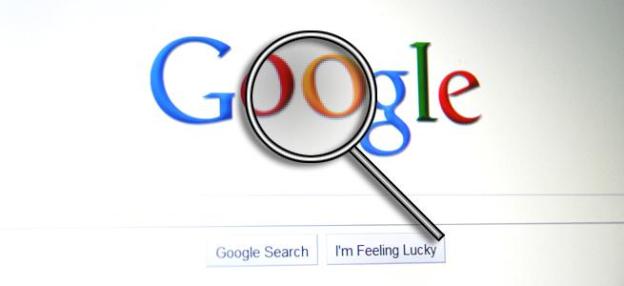
Google has agreed to change a number of its search and advertising business practices as part of a settlement with the U.S. Federal Trade Commission. The agreement brings to close the agency’s years-long antitrust investigations of the search giant. The unsurprising settlement means Google will not be sued for antitrust violations, and is widely considered a “win” for the Internet company.
“The evidence the FTC uncovered through this intensive investigation prompted us to require significant changes in Google’s business practices. However, regarding the specific allegations that the company biased its search results to hurt competition, the evidence collected to date did not justify legal action by the Commission,” said Beth Wilkinson, outside counsel to the Commission, in a statement. “Undoubtedly, Google took aggressive actions to gain advantage over rival search providers. However, the FTC’s mission is to protect competition, and not individual competitors. The evidence did not demonstrate that Google’s actions in this area stifled competition in violation of U.S. law.”
Google’s FTC settlement, summed up
Patents: As part of the settlement, Google has agreed to allow competitors to use patents pertaining to smartphone, tablet, and computer technology that Google acquired in its acquisition of Motorola Mobility (PDF). Google has also agreed to drop all applicable patent lawsuits in U.S. federal courts and the International Trade Commission, and will attempt to settle future disputes over the use of its patents through out-of-court, third-party negotiations.
Ads: In separate letter of commitment to the FTC (PDF), Google agreed to make changes to its AdWords platform that will allow advertisers to more freely use competing advertising services. “Advertisers can already export their ad campaigns from Google AdWords,” wrote David Drummond, Google Senior Vice President and Chief Legal Officer, on the company blog. “They will now be able to mix and copy ad campaign data within third-party services that use our AdWords API.”
Search: Finally, Google has agreed to allow websites to remove their content from Google commerce services, like Flights, Shopping, or Hotels, that may compete with their own businesses. Google promises to honor the requested opt-out within 30 days of receiving notice. Websites that choose to remove their content from Google’s aggregating services will still appear in Google’s standard search results, and those websites’ Page Ranks will not be affected by the opt-out, Google says.
In a statement, FTC Chairman Jon Leibowitz said that the “changes Google has agreed to make will ensure that consumers continue to reap the benefits of competition in the online marketplace and in the market for innovative wireless devices they enjoy.”
What Google’s changes mean for you
So, what does this all mean for us, the consumers and users? Well, not too much. Google services will probably become a bit less useful, with companies like Yelp, TripAdvisor, and Expedia expected to pull the opt-out card. We’ll also likely see more smartphones and tablets that include technology controlled by Google (though many of us likely won’t even know it). And that’s about it.
In other words, this is a much bigger deal for Google (e.g. it avoided an antitrust lawsuit) and the FTC (it was able to say it did something to knock Google’s dominance down a notch).

